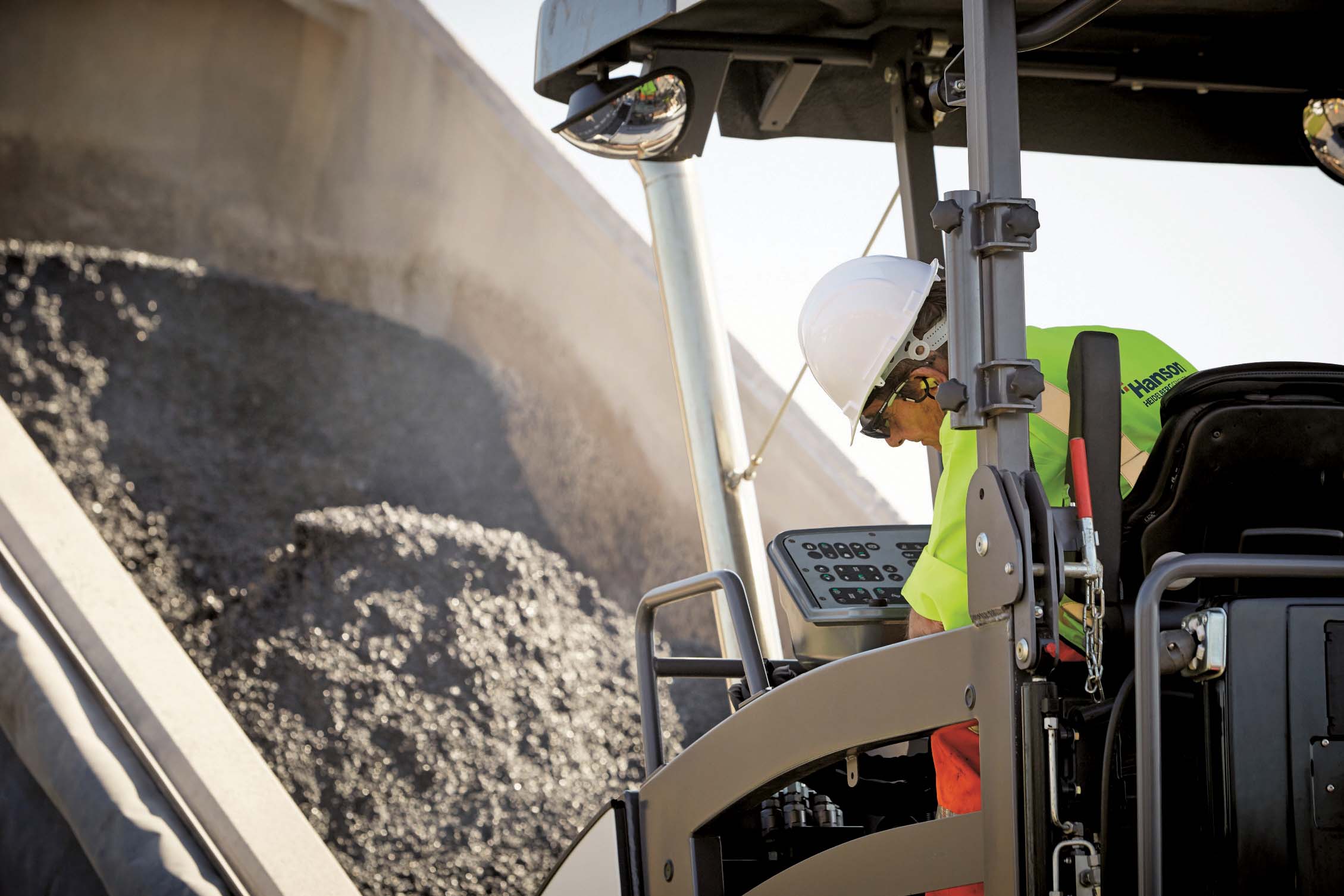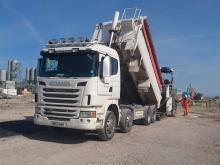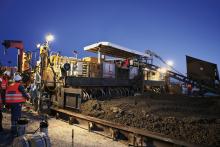
The asphalt market is increasing after a number of years of falling demand, which is great news for everyone involved in the sector.
But it creates a huge challenge to an industry that has contracted substantially during the recession. Denis Curran, major projects director at
The asphalt market rose by 9% in 2014 and is expected to increase by a further 5% this year.
In addition, Highways England’s promise to deliver the largest investment in the country’s principal roads for a generation, as well as the government’s promised investment in the local network, brings with it growing confidence in a brighter outlook.
To put it into perspective, UK asphalt consumption was 35 million tonnes in the mid-1990s but had dropped to 19 million tonnes in 2012. The forecast for 2015 is around 22 million tonnes, well below the mid-1990s high.
But our growing order book has prompted the decision to make considerable investment to ramp up production by bringing three mothballed plants back on line and opening a new facility in South Wales.
The £3 million (US$4.7 million/€4.25 million) Craig yr Hesg plant was commissioned in April while Keepershield in County Northumberland, north-east England; St Ives in County Cambridgeshire, eastern England, and Tytherington, south Gloucester, south-west England, returned to production in May.
The Keepershield asphalt plant closed at the end of 2012 but was fired up regularly to keep the wheels turning and was used occasionally as a back-up for our plant in Shap, County Cumbria, north-west England.
When our contracting division secured a major contract for the A19 road it gave us the confidence to invest over £100,000 ($157,000/€140,000) in three new bitumen tanks at Keepershield and we hope to produce up to 40,000tonnes of asphalt this year.
At St Ives, we have spent £150,000 ($235,500/€212,000) on a new compressed air system and a number of other safety and quality-related improvements and the Tytherington plant, also mothballed in 2012, is producing small amounts of material and is ready to step-up production as needed.
Production of asphalt is one challenge, but we have also invested in our capacity to lay material, with six new state-of-the-art pavers.
The
They also have a fume extraction system, sonic levelling systems and balloon lighting which floods the work area with more consistent levels of light, without impacting on oncoming traffic, vital for efficient night working.
The new pavers were used in County Dorset, southern England, to carry out resurfacing work on the B3068, Blandford Road, near Poole, as part of Hanson’s highways partnership with Dorset County Council.
More than 600tonnes of AC 20mm binder course and 1,200tonnes of HRA 55% 14mm surface course were supplied over ten shifts from the company’s Whatley and Batts Combe quarries in County Somerset, south-west England.
The surface course mix was designed to be particularly hard wearing as the road sees a high number of heavy goods vehicle movements.
The £300,000 ($471,000/€424,000) scheme included structural repair as well as improvements such as new pedestrian crossings and widened footpaths and cycle ways.
Hanson UK, a leading supplier of heavy building materials to the construction industry, produces aggregates; ready-mixed concrete; asphalt; cement and cement-related materials, and is part of the HeidelbergCementGroup.
It is split into four business lines, aggregates, concrete, asphalt and contracting and cement, which together operate around 300 manufacturing sites and employ over 3,000 people.









